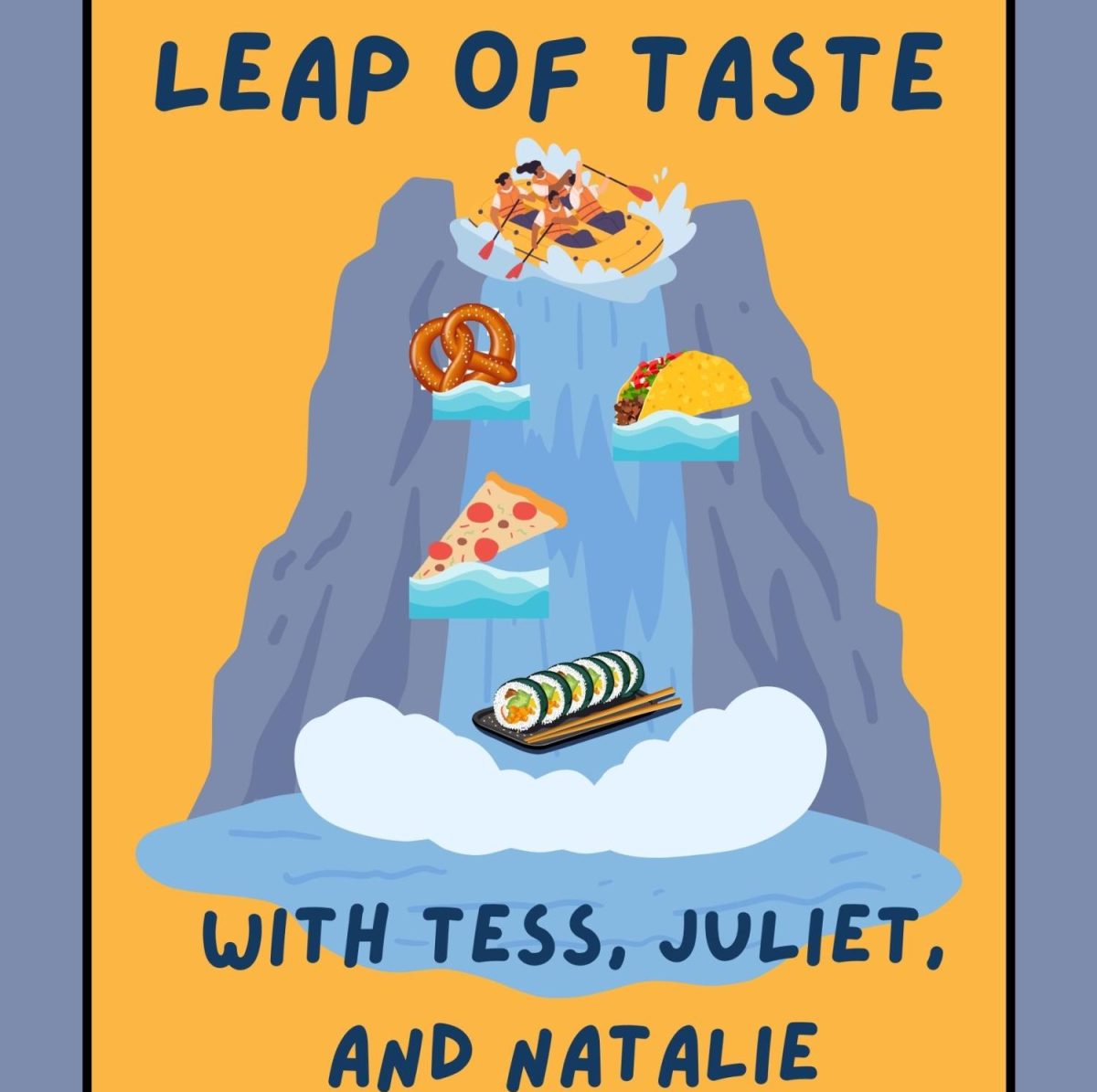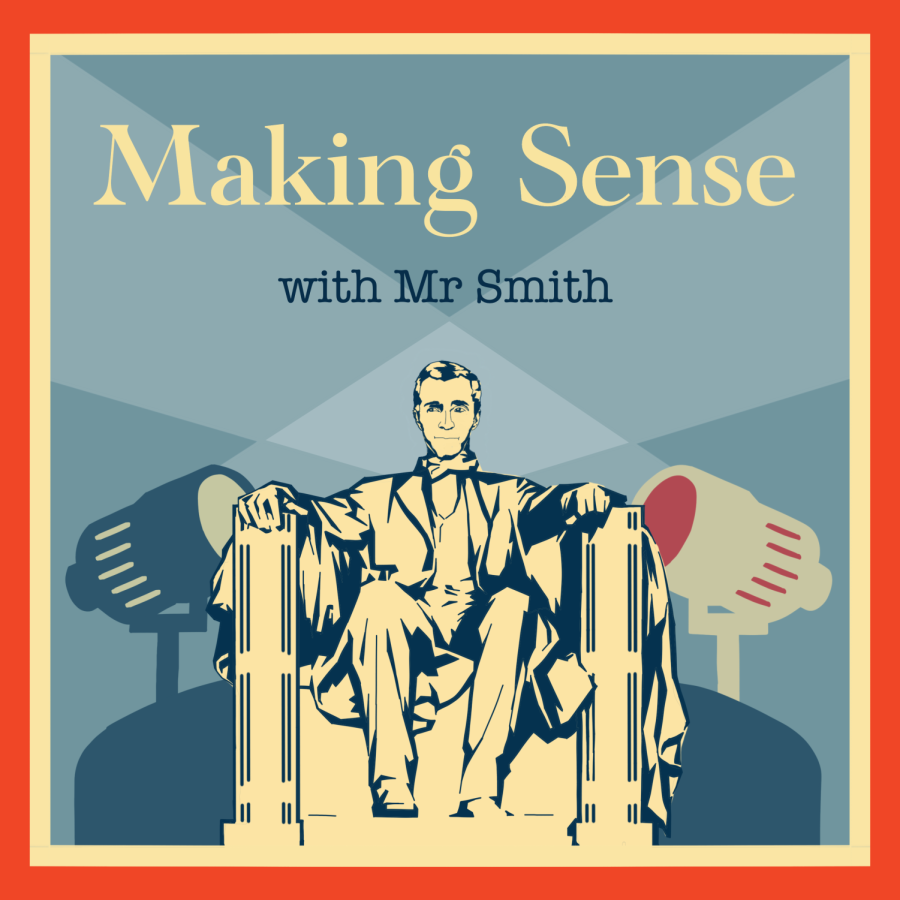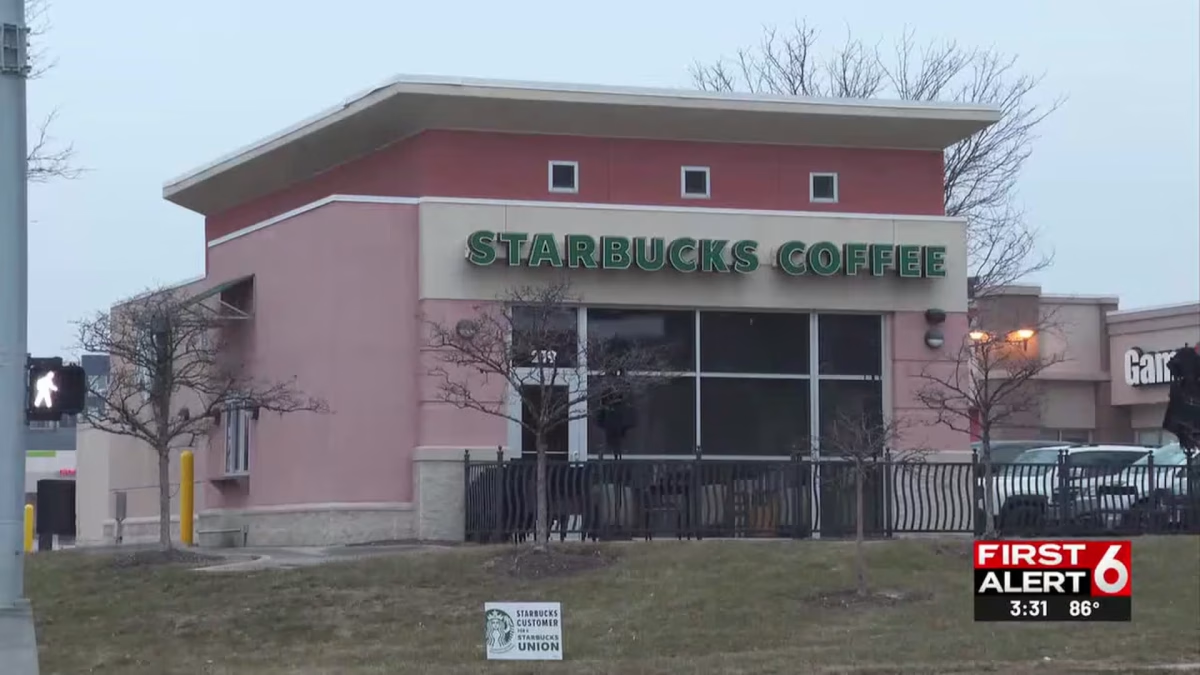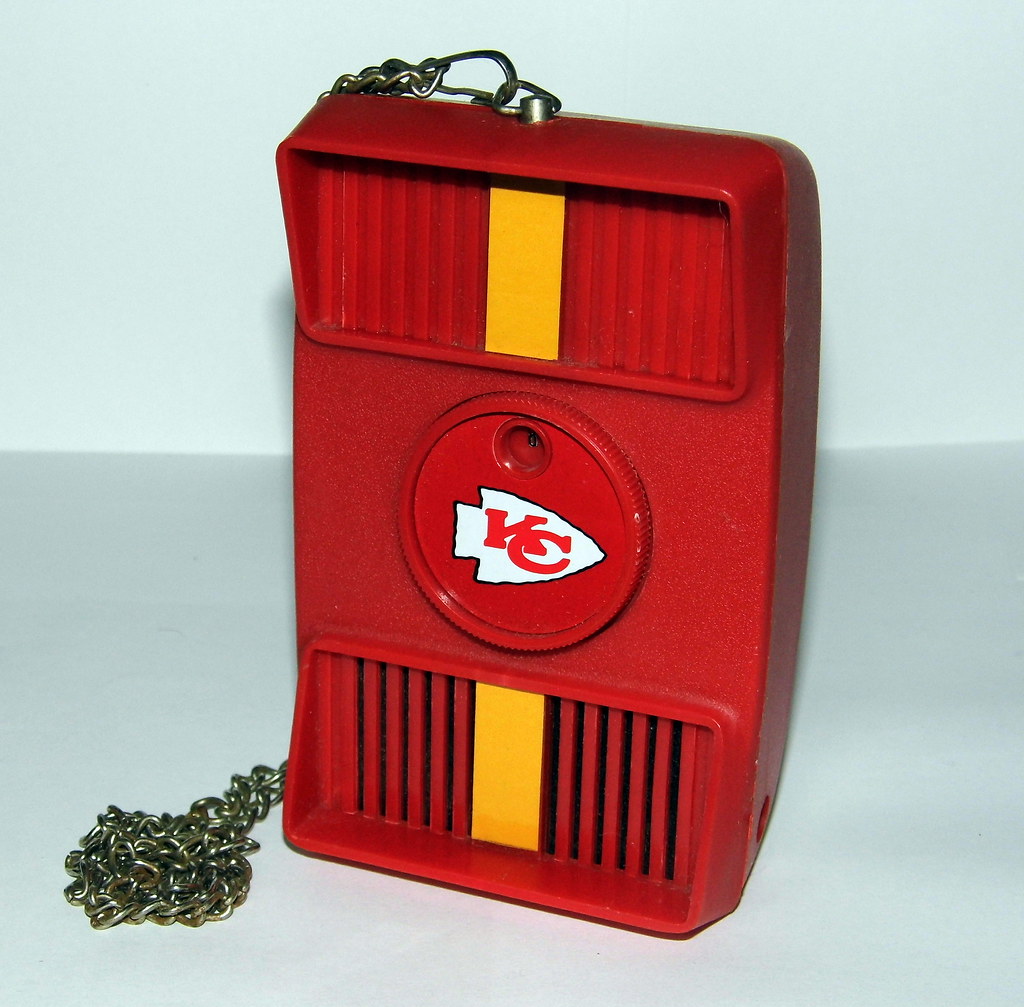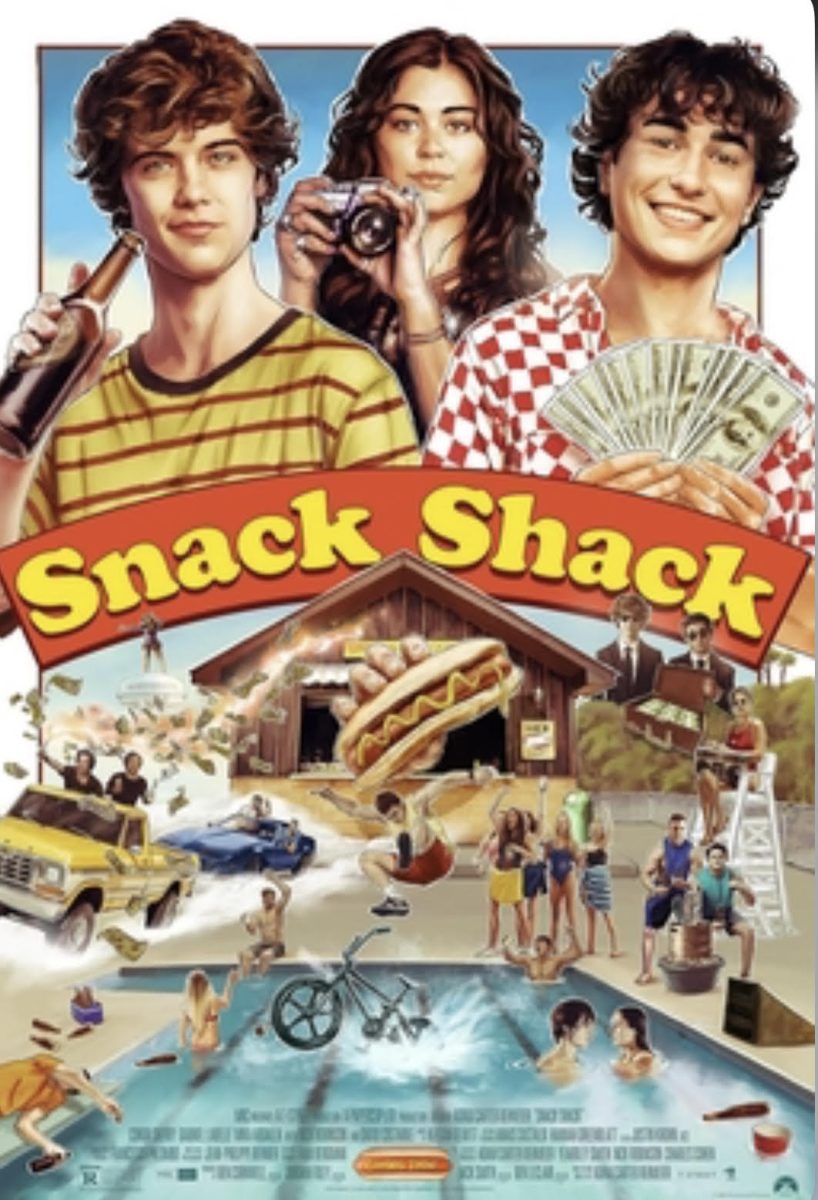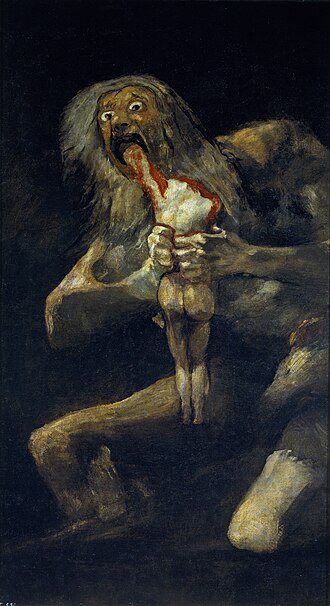Given the relatively sparse offerings in the Nebraska filmography (an Alexander Payne film here, an entry in the Children of the Corn franchise there), any time a new movie comes out that is set in the Cornhusker State, it definitely gets our attention. Adding to the novelty of Snack Shack is its pointedly provocative premise, which follows in a line of bawdy buddy flicks like Fast Times at Ridgemont High, Clueless, and Superbad.
Directed by Adam Rehmeier, Snack Shack is a movie set in 1991 Nebraska about best friends Moose and AJ winning a bid to run a snack shack at their local pool. The movie is a great pick for older teenagers as it gives the vibe of a fun summer in addition to the pressure of finding a job. Between the plot and dialect used, I think it perfectly represents the average teenager experience during the summer. Through this, the movie is quite relatable and enjoyable to watch.
At first, Moose and AJ use the money they won from bidding on horses to fund their homemade brewing operation, but when their parents find out, it’s immediately shut down, which sets them on the path to managing the eponymous snack shake. The movie goes to great lengths to show that Moose and AJ don’t have the most refined moral compass, as there are numerous scenes in the movie that will cause even the most rambunctious teenagers to blush. Despite their inclination for breaking the rules, they actually experience a good deal of success in their seemingly misbegotten business venture, but as viewers of these types of films will immediately recognize, things take a turn when Moose and AJ both think that the flirtatious “new girl” who takes a lifeguarding job at the pool is more into them. Predictable tension ensues, but a sudden tragedy introduced in the third act brings the two besties back together, and the film ends on a more uplifting note.
Besides the story, I love the sense of nostalgia that the director Rehmeier brings to the movie. Being a teenager from Nebraska, I feel more connected to the film because of recognizable locations such as the Henry Doorly Zoo and Pioneer Theater, and anyone who has spent time in Nebraska City will revel in the many familiar landmarks. The song “Age of Consent” that plays throughout the movie also brings a nostalgic feeling, especially for those well-versed in 90s music. Interestingly, Rehmeier has stated that he purposefully dated the movie to occur between the end of the first Persian Gulf War and the release of Nirvana’s zeitgeist-shifting album Nevermind in late September of 1991, so the cultural references that occur from beginning to end are all done with utmost intentionality.
Overall, I really enjoyed the movie and would recommend it to older teenagers who are more suited to the strong language and portrayals of illicit activities.

